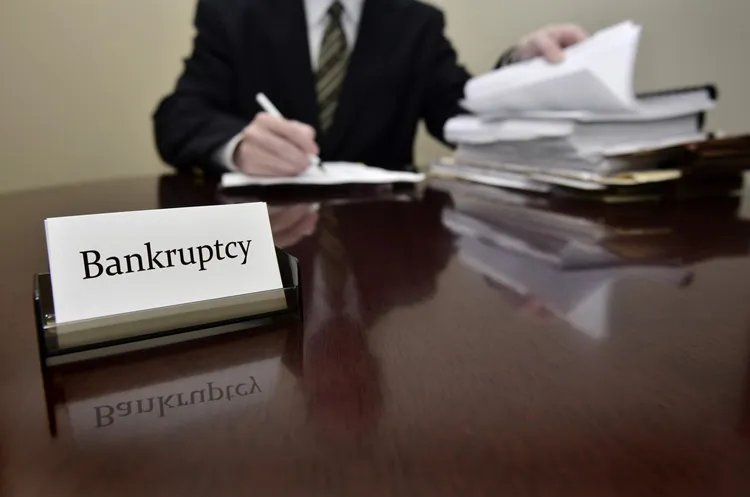Chapter 13 Bankruptcy
by SKU
Published: Dec 11, 2017 | Updated: Jun 12, 2025 |

Sharing is Caring!... Don't Care, Share & Save
Chapter 13 Bankruptcy
Understanding Chapter 13 Bankruptcy and Its Eligibility Requirements
Chapter 13 bankruptcy is a legal process designed to help individuals with a regular income restructure their debts and create a manageable repayment plan. Unlike Chapter 7 bankruptcy, which involves liquidating assets to pay off creditors, Chapter 13 allows debtors to retain their property while catching up on past-due balances over a period of three to five years. This form of bankruptcy is often referred to as a "wage earner’s plan" because it relies on the debtor’s future income to fulfill debt obligations.
Benefits of Filing Chapter 13
One of the primary benefits of Chapter 13 bankruptcy is the ability to stop foreclosure proceedings and potentially save a home. Upon filing, an automatic stay goes into effect, halting all collection efforts, including foreclosure. This gives the debtor an opportunity to catch up on missed mortgage payments over time without the threat of losing their home. Additionally, Chapter 13 can provide relief from other secured and unsecured debts, such as car loans, credit cards, and medical bills.
Chapter 13 Eligibility
To be eligible for Chapter 13 bankruptcy, individuals must meet specific criteria. First and foremost, the filer must have a regular source of income sufficient to support a repayment plan. This income can come from employment, self-employment, social security, disability benefits, or even alimony. The court must be satisfied that the debtor has enough disposable income—after essential living expenses—to make consistent payments to creditors.
There are also limits on the amount of debt an individual can have to qualify for Chapter 13. As of 2025, unsecured debts must be less than approximately $465,275, and secured debts must be under $1,395,875. These limits are periodically adjusted to reflect inflation. If an individual’s debts exceed these thresholds, they may need to consider Chapter 11 bankruptcy instead, which is typically more complex and costly.
Another eligibility requirement involves past bankruptcy filings. Individuals cannot file for Chapter 13 if they had a prior bankruptcy petition dismissed within the past 180 days due to willful failure to appear before the court or comply with court orders. Additionally, before filing, a debtor must complete credit counseling from an approved agency within 180 days prior to submitting their bankruptcy petition.
Chapter 13 Requires A Plan
Filing for Chapter 13 also entails a detailed proposal outlining how the debtor intends to repay creditors over the designated period. This plan must be approved by the bankruptcy court and is subject to objections from creditors and the trustee. If approved, the debtor makes regular payments to a trustee, who then distributes the funds to creditors in accordance with the plan.
Cost of Filing A Chapter 13
Costs: Filing Fee: $313.00
Attorney Fee: Range $1500.00 - $2500.00 (depends on the circumstances).
Conclusion
In conclusion, Chapter 13 bankruptcy offers a lifeline to individuals who have steady income but are overwhelmed by debt. It provides a structured way to catch up on obligations while protecting valuable assets like a home or car. However, the eligibility requirements are strict and necessitate careful consideration and planning. Anyone considering Chapter 13 should consult with a qualified bankruptcy attorney to evaluate their financial situation and determine the best course of action.
Sharing is Caring!... Don't Care, Share & Save